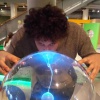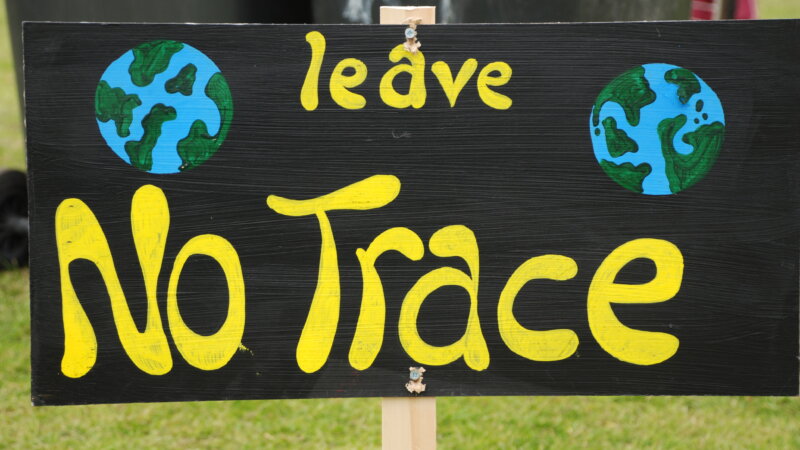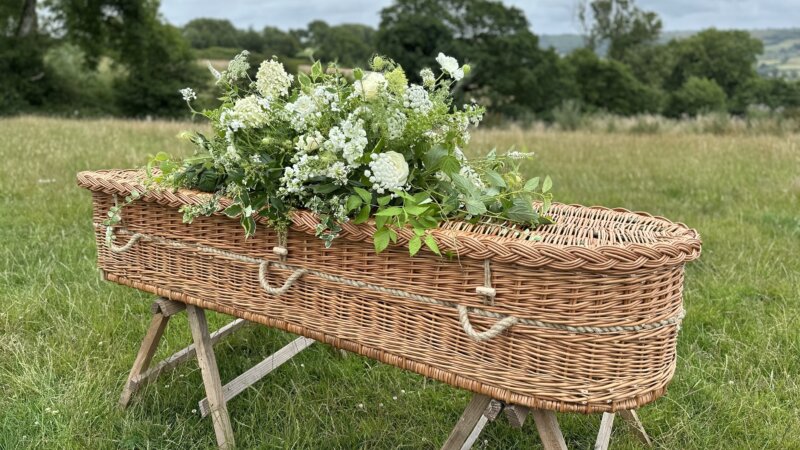Joe McDonnell: Metamorphic Illustration
Joe McDonnell is an artist, graphic designer and print maker who first came to our attention through his involvement with Sheffield Print Fair a while back. Working with a variety of methods and mediums, Joe’s pieces are carefully structured and assembled, exploring themes of science, art and international politics. A much-needed design-focussed art submission for this mag.
How did you get started as an artist?
Like most artists will tell you, I've been drawing for as long as I can remember. However, I think one of the major inspirations to me as a child were the satirical cartoons in the newspapers my father read. The way a cartoonist could undermine and ridicule politicians so cleverly really showed me how powerful art could be.
Is printing an important part of the process for you? Do you design with printing in mind?
Yes, very much so. I first started screen printing in my final year at university and quickly fell in love with the craft, although it does quickly change from love to hate when a print isn't going right. For me it starts from the initial sketches all the way to the final result. There are a surprising amount of variables to consider throughout the process to ensure an accurate, crisp print, but, like anything, it’s trial and error mostly.
Your style is quite precise, almost mathematical or architectural. Do you have that kind of background? Does it take a while to line up all the elements of a piece to the point that you’re happy with it?
Actually I'm terrible at maths and was throughout school. It wasn't until a few years ago I started reading bits about physics, mathematical theory, geometry. This really made me want to explore these ideas. The work I produce around these subjects are representations of others’ discoveries and thoughts. I definitely think art and science institutions need to work together more.
In answer to your other question, composition is one of the most important things to me when creating a piece. I initially studied graphic design, which has influenced the way my work is structured.
What themes and topics are you exploring with your work?
I like to work with quite a broad range of subject matter, from the Fibonacci sequence to underground hip hop - really anything I feel is interesting and relevant. However, political and social issues are the biggest focus of my work, usually about, or relating to, the uneven distribution of wealth in the world caused by the 1% financial elite. I try to represent the systems put in place to maintain this, such as tax havens, disaster capitalism, etc.
How do you spend your days?
On the days I have to work on my art, I usually start off researching on the net or in the library. Then I take to the streets with my camera, taking photos of anything from buildings to the odd circular light bulb in the Brewdog bar. I often look through charity shops for interesting books. From there, I head back to my bedroom/studio to work on the images. Then the pub.
How has your approach to art changed over the years? Have you tried other mediums?
I used to have a very traditional approach to my work when I studied fine art at college. When I got to university, I started experimenting and pushing my illustrations a lot more with analogue photography and photo montage. From there I started combining these experimental images with quite hard vector graphics to make the ‘style’ I have today. I definitely want to experiment more with different print methods, such as photo etching.
Have you got any exhibitions or shows coming up?
Not at the moment, as I've got quite a lot of commissions on the go, but I'll definitely be exhibiting in the near future.
Good advice you wish you'd been told earlier?
Make mistakes! By that I mean our society, and more importantly our education system, is so obsessed with ticking the right boxes and passing the right tests, that we get it hard-wired into our heads that getting something wrong is a sin. It’s not. You can only have proper innovation and progression if you're prepared to get it wrong.
metamorphicillustration.com
[imagebrowser id=55] )







